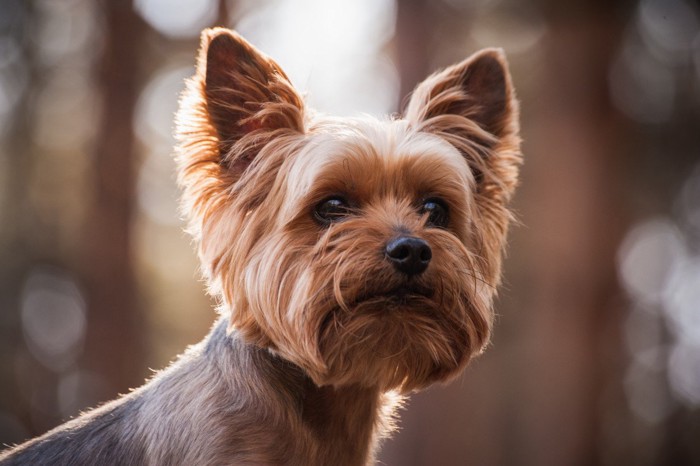Yorkshire Terrier Dog Breed
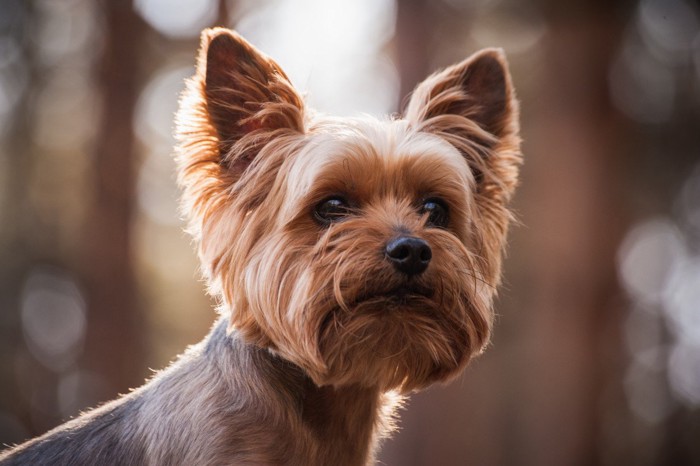
| Characteristic | Detail |
|---|---|
| Country of Origin | England |
| Birth Era | 19th Century |
| Crossbreeding Status | Purebred |
| Temperament | Bold, Confident, Affectionate |
| Physique | Small, Compact |
| Hair Quality | Fine, Silky, Hypoallergenic |
| Lifespan | 13-16 years |
The Yorkshire Terrier, commonly referred to as the Yorkie, is a breed celebrated for its diminutive size and vivacious personality. Originating from England, these dogs have captivated hearts globally, including in Japan, where their compact size is ideal for the typically smaller living spaces. In Japan, the Yorkie is not just a pet; it’s a symbol of style and elegance, fitting seamlessly into the urban lifestyle where space is at a premium. Their adaptability to apartment living, combined with their intelligence and loyal nature, makes them particularly suited to the Japanese way of life.
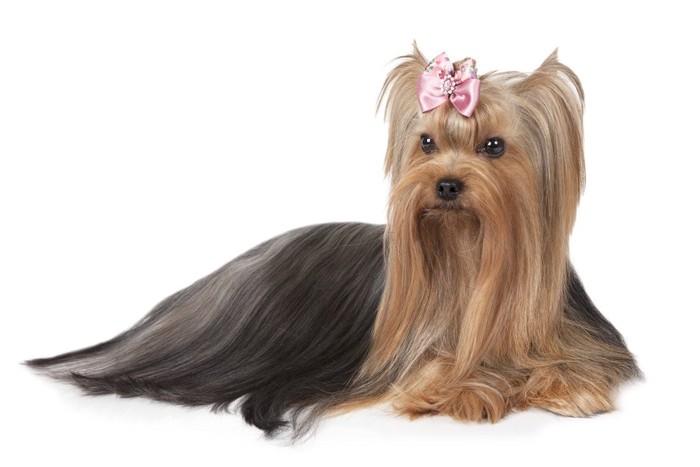
Moreover, their presence in various dog shows highlights their universal appeal and adaptability to various environments and cultures.
Coat Color
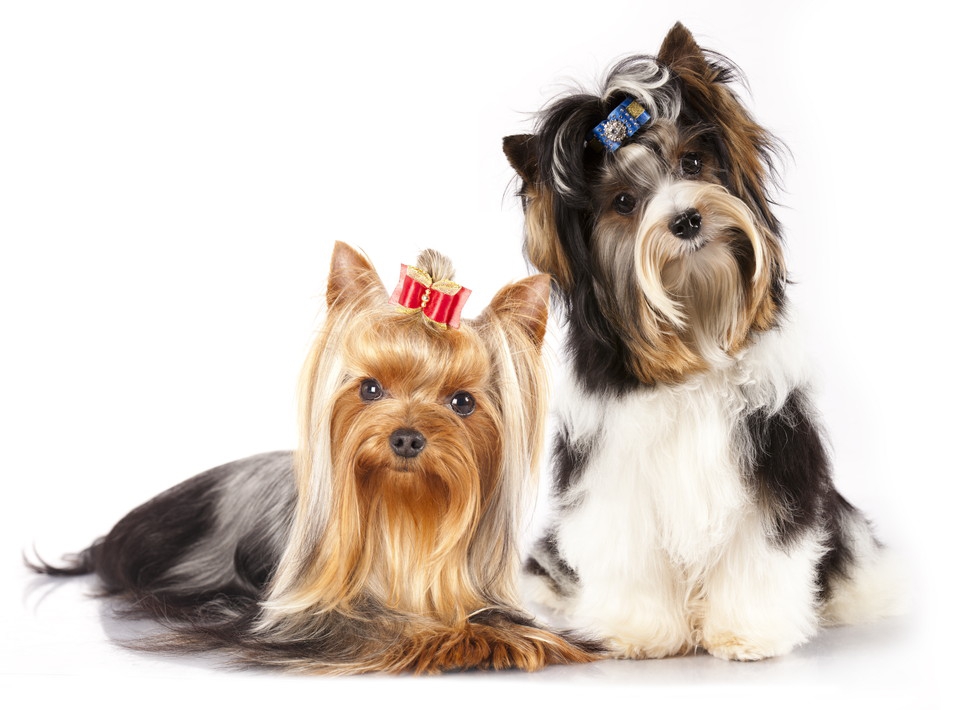
Yorkshire Terriers are distinguished by their unique coat colors, typically featuring a beautiful blend of steel blue and tan. This coloration is a defining characteristic of the breed, and it evolves as the dog matures from puppyhood. In Japan, the aesthetic appeal of pets is highly valued, and the Yorkie’s elegant coat coloration is particularly admired. This admiration often extends to meticulous grooming practices, with a significant emphasis on maintaining and showcasing the natural beauty of their silky coats.
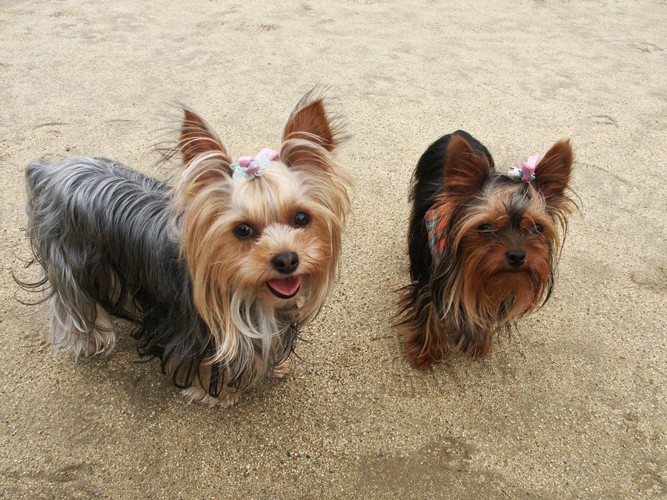
Additionally, the unique color patterns of Yorkies are a subject of interest at dog shows, reflecting the Japanese appreciation for beauty and perfection in all forms, including in their beloved pets.
Coat Type
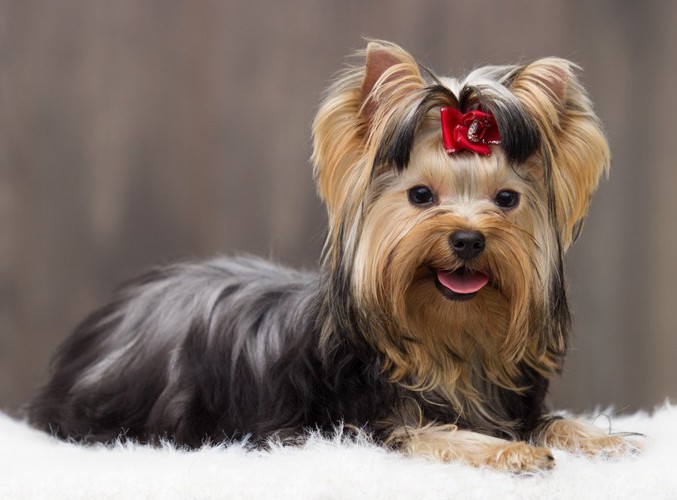
The coat of a Yorkshire Terrier is hypoallergenic and known for minimal shedding, a trait highly valued, especially in Japanese households where cleanliness and minimizing allergens are crucial. Their straight, fine coat requires regular grooming to prevent matting and to maintain its lustrous quality. This grooming routine often becomes a ritualistic bonding experience in Japanese households, reflecting the deep connection between the owner and pet.
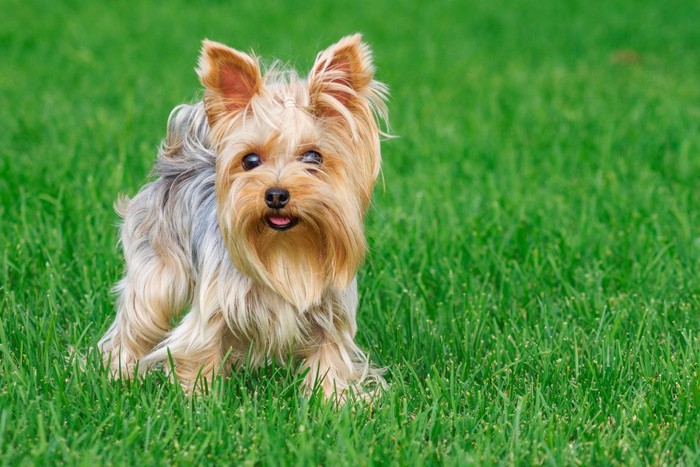
The grooming process is not just about maintaining the coat’s appearance but also about nurturing the bond and ensuring the health and well-being of these cherished companions.
Size
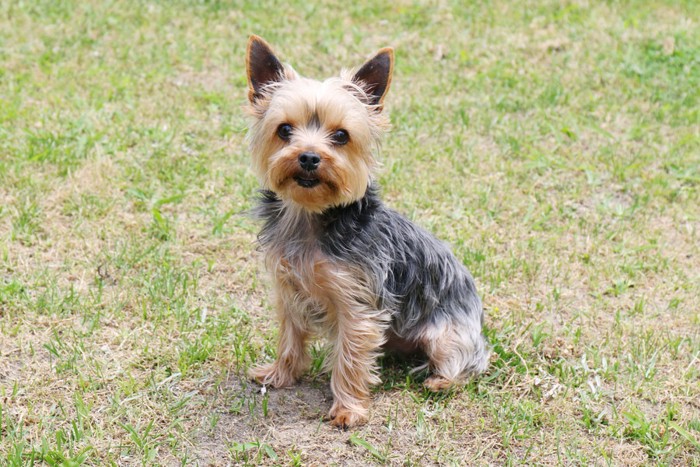
Yorkies are a toy breed, typically weighing around 7 pounds (3.2 kg) and measuring about 7 to 8 inches (17.8 to 20.3 cm) in height. Their small size is particularly appealing in Japan, where the preference often leans towards small, manageable dogs that can comfortably fit into smaller homes and apartments.
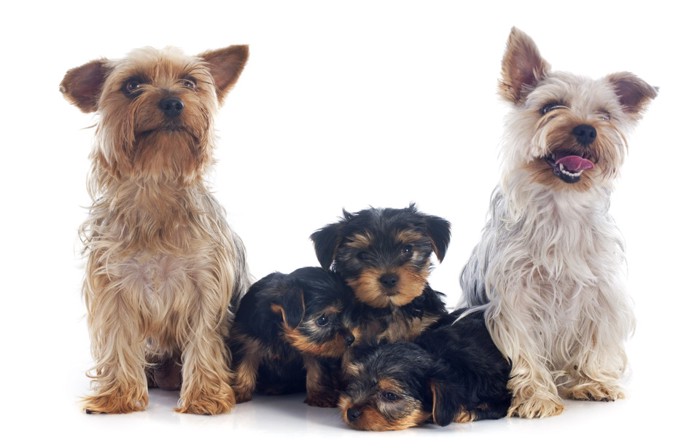
This size also allows for easy transportation, aligning with the Japanese lifestyle that values mobility and convenience. In Japan, owning a small dog like the Yorkie is also seen as a reflection of the owner’s lifestyle, often associated with urban living and a modern, dynamic way of life.
Weight
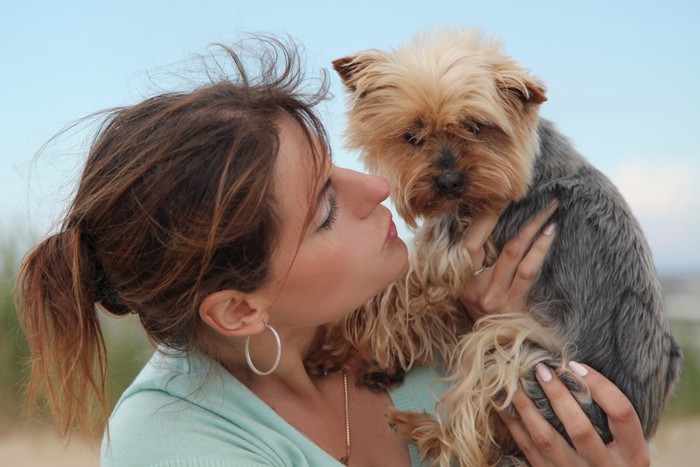
An ideal Yorkshire Terrier typically maintains a weight of about 4 to 7 pounds (1.8 to 3.2 kg), with some individual variation. It’s crucial to monitor their weight closely as obesity can lead to various health problems. In Japan, where there is an overarching cultural emphasis on health and well-being, maintaining a healthy weight for pets is taken very seriously.
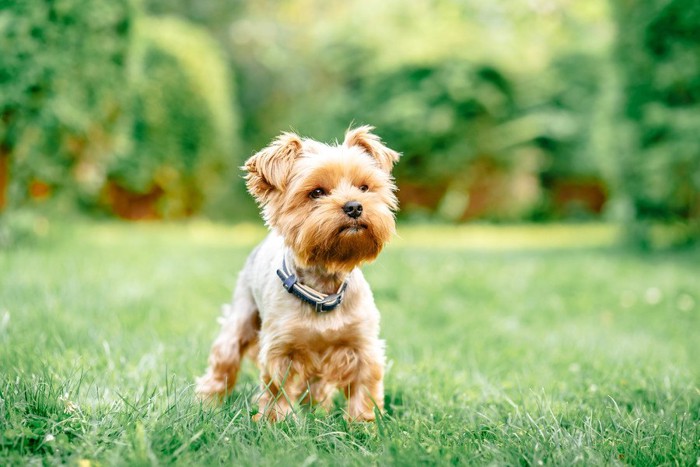
This approach includes a balanced diet and regular check-ups, reflecting the Japanese ethos of preventive healthcare and the importance of maintaining a harmonious balance in all aspects of life, including the health of their pets.
Lifespan
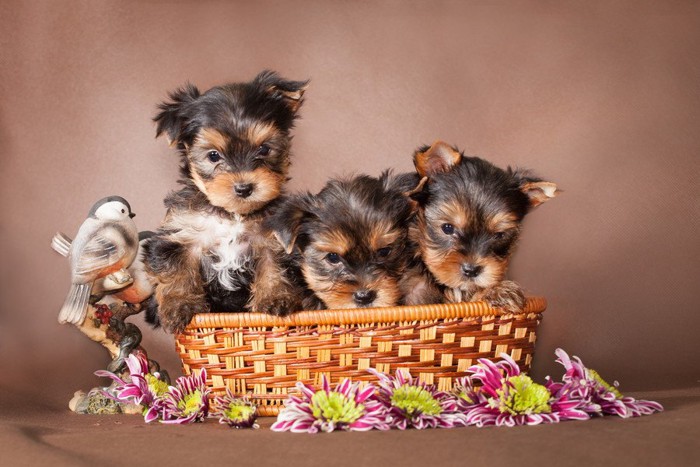
Yorkshire Terriers have an impressive lifespan, often living between 13 to 16 years. This long lifespan is particularly esteemed in Japan, a culture that holds deep respect for longevity and the graceful aging process. Factors contributing to their longevity include genetics, diet, and the overall quality of care.
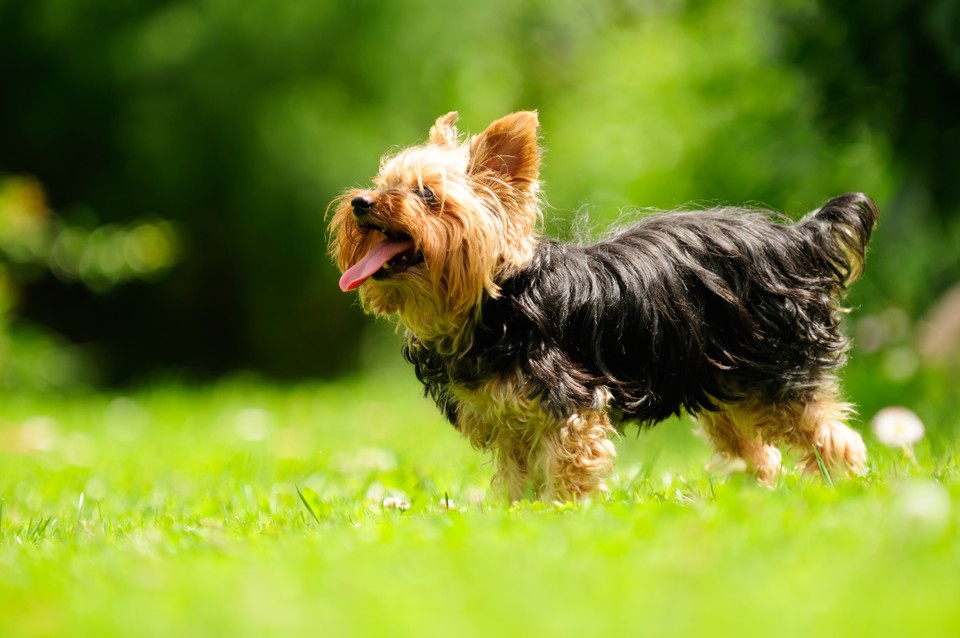
In Japan, pet owners often go to great lengths to ensure that their Yorkies have a balanced diet, regular exercise, and consistent veterinary care, all contributing to their extended lifespan. This focus on longevity is a reflection of the broader Japanese value system that emphasizes harmony, balance, and respect for all stages of life.
Trainavility
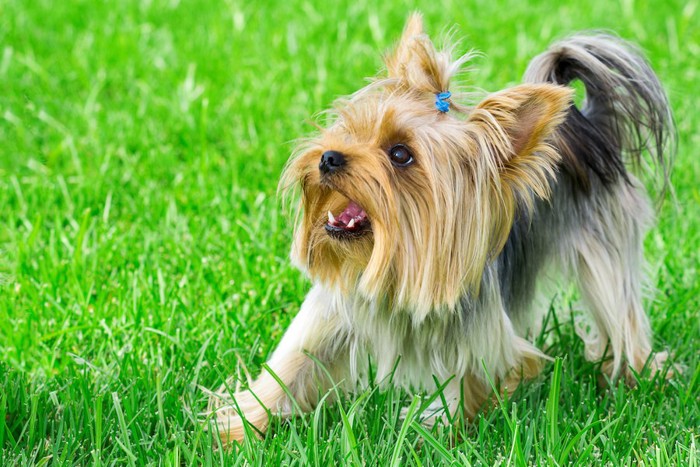
Yorkshire Terriers are known for their intelligence and quick learning ability. They respond exceptionally well to positive reinforcement and consistent training methods. In Japan, where societal harmony and well-behaved pets are highly valued, the Yorkie’s ease of training is a significant advantage. Japanese pet owners often engage in detailed training regimes, teaching basic commands and house manners, and sometimes even training their Yorkies for dog sports or shows.
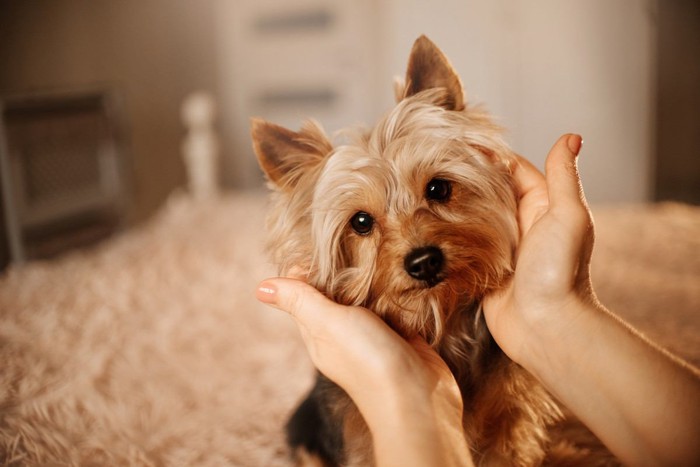
This reflects the Japanese cultural emphasis on discipline, skill development, and the harmonious integration of pets into the household and society.
Exercise
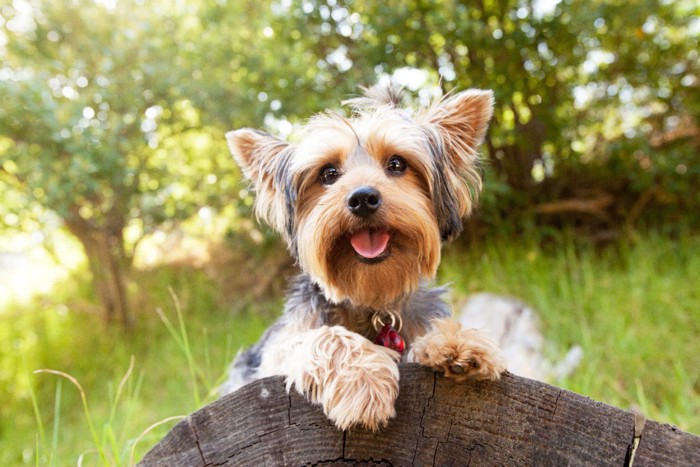
Despite their small stature, Yorkshire Terriers are an energetic breed requiring regular exercise to maintain their physical and mental health. Daily walks, play sessions, and interactive activities are essential. In Japan, integrating a pet’s exercise regime into daily life is common, with many owners incorporating walks in local parks or engaging in indoor activities that stimulate their Yorkie’s mind and body.
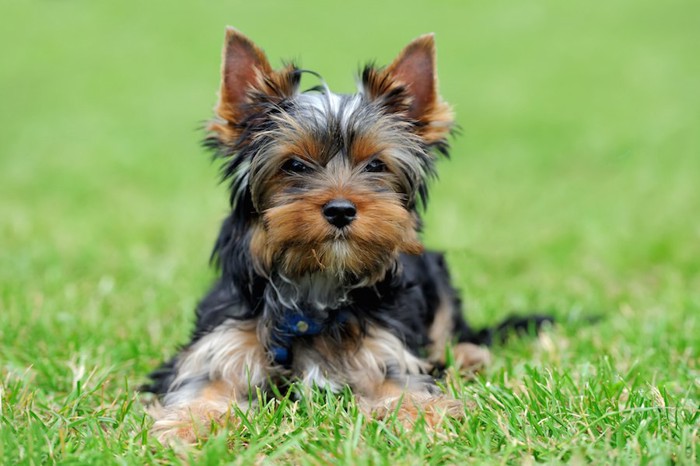
This approach to pet exercise mirrors the broader Japanese cultural practice of integrating physical activity into daily routines, emphasizing the importance of health and vitality for all family members, including pets.
Feeding
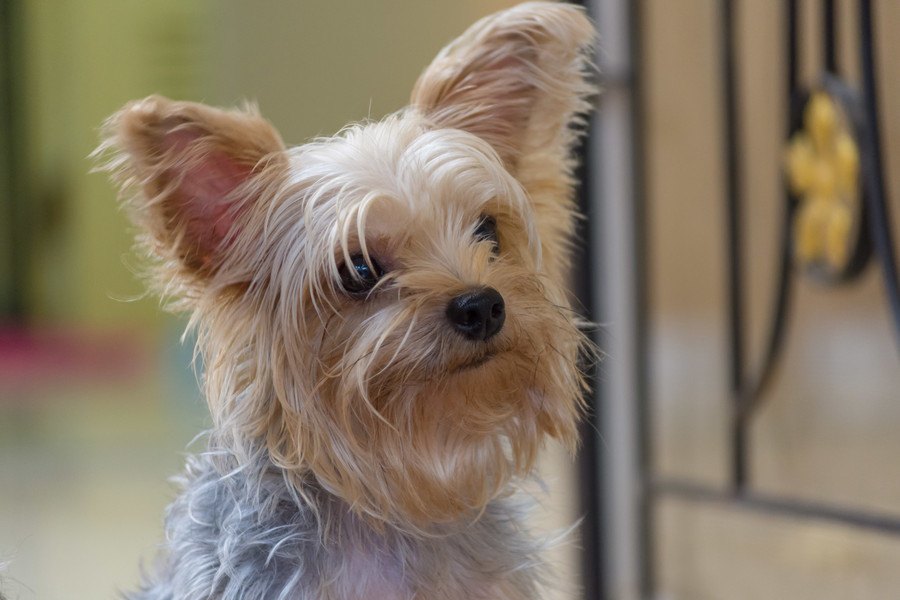
A balanced, nutritious diet is essential for the well-being of a Yorkshire Terrier. They typically thrive on a diet that includes high-quality proteins and fats, with limited carbohydrates. In Japan, there is a strong emphasis on nutritional balance and natural, high-quality ingredients in pet food. Many Japanese Yorkie owners opt for premium dog foods or prepare homemade meals to ensure their pets receive all the necessary nutrients.
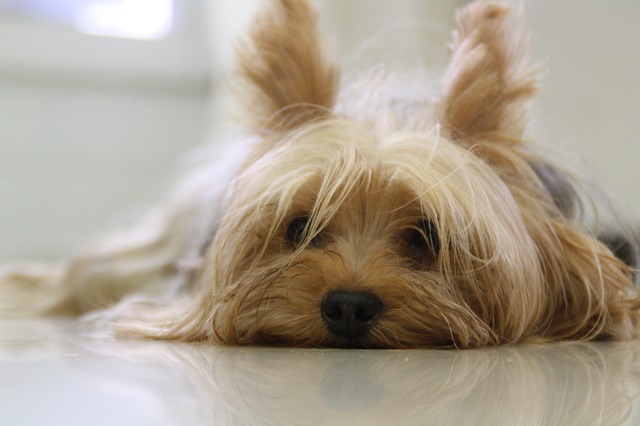
This focus on diet is an extension of the Japanese cultural emphasis on health, longevity, and the importance of a balanced, natural diet for maintaining overall well-being.
Temperament
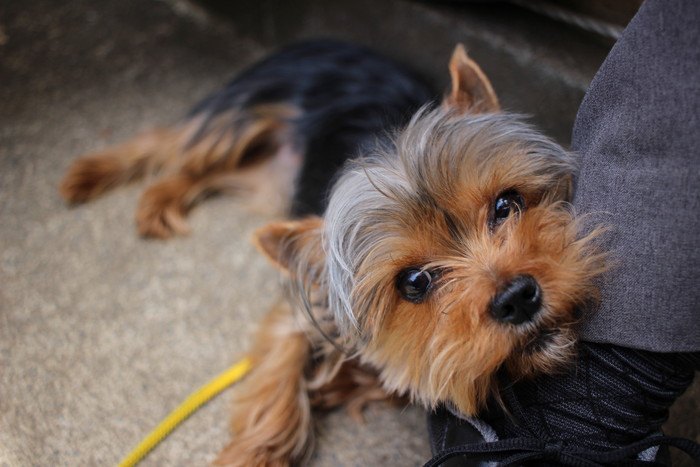
Yorkshire Terriers are known for their confident and affectionate temperament. They are loyal to their families but can be reserved around strangers, making them effective watchdogs. In Japan, where maintaining a balanced and harmonious household is important, the Yorkie’s temperament fits well within the cultural context.
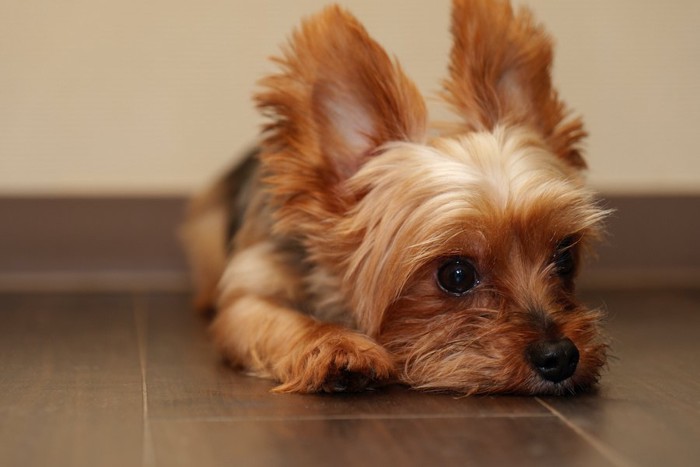
Their loyalty, independence, and alertness make them not just pets but integral members of the family, reflecting the Japanese values of harmony, respect, and loyalty within the family unit.
History
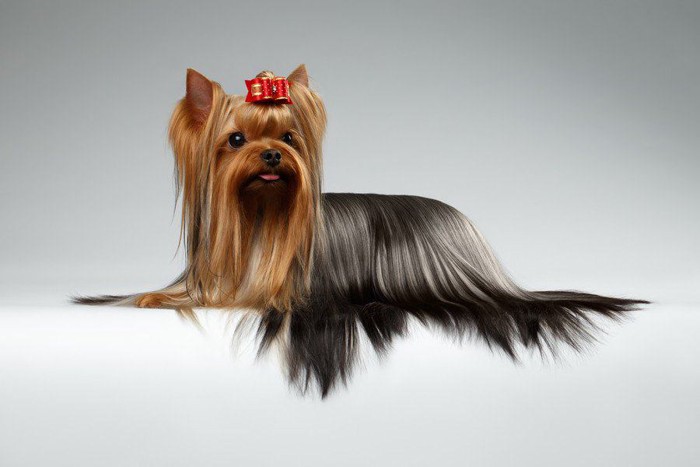
The Yorkshire Terrier’s origin dates back to the 19th century in England, where they were initially bred to catch rats in mills. Their transition from working dogs to beloved companions reflects their adaptability and enduring charm.
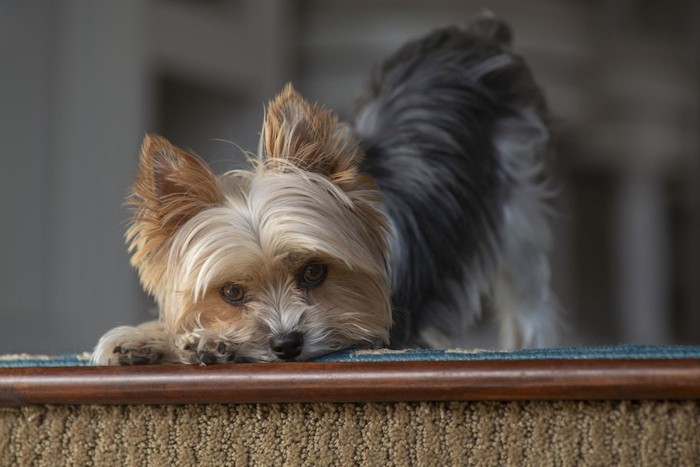
In Japan, the Yorkie’s historical background as a skilled, tenacious worker aligns with the cultural admiration for hard work, perseverance, and adaptability. Their history also resonates with the Japanese appreciation for transformation and evolution, both in personal and societal contexts.
Grooming
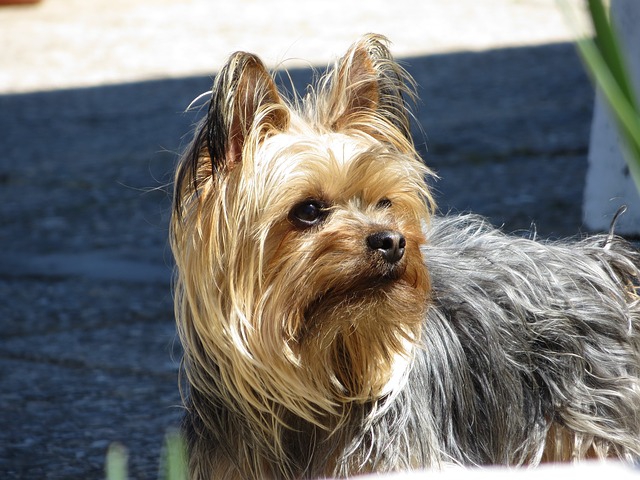
Regular grooming is vital for maintaining the health and appearance of a Yorkshire Terrier. This includes frequent brushing, bathing, and trimming of hair around the eyes and feet. In Japan, where grooming and appearance are highly valued, Yorkie owners often take pride in their pet’s grooming, sometimes even experimenting with creative styling.
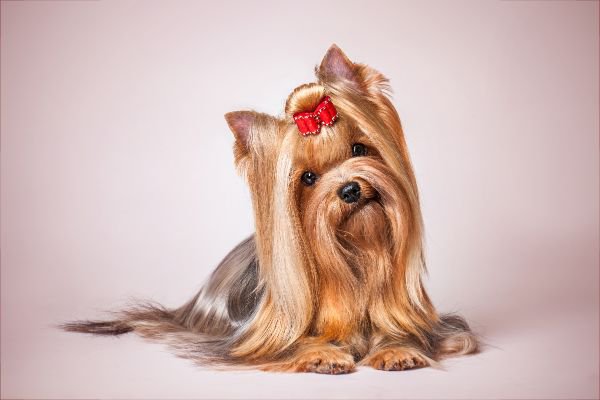
This meticulous care in grooming is a reflection of the broader Japanese aesthetic sensibility, where attention to detail, cleanliness, and personal appearance are deeply ingrained cultural values.
Health
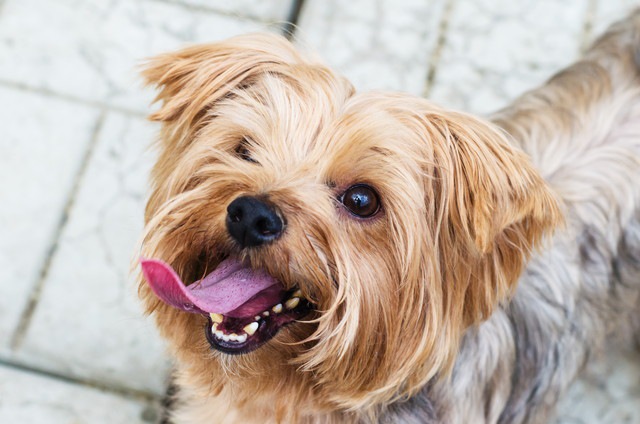
Generally, Yorkshire Terriers are a healthy breed, but they are susceptible to certain health issues like dental problems, luxating patellas, and hypoglycemia. In Japan, where there is a strong emphasis on preventive care and healthy living,
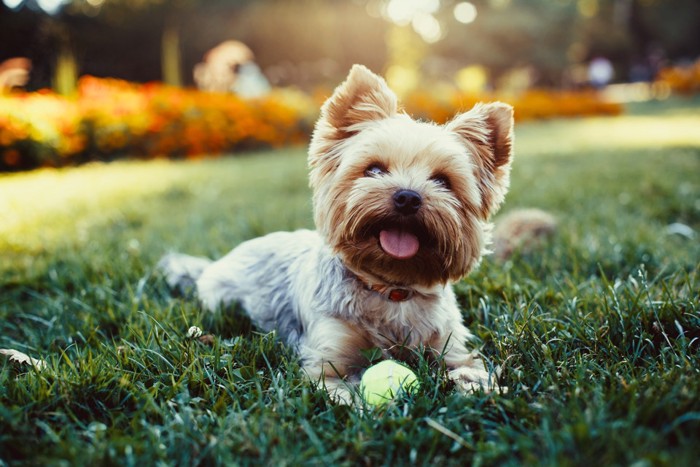
Yorkie owners are particularly vigilant about their pets’ health. Regular veterinary check-ups, dental care, and a balanced lifestyle are standard practices, reflecting the broader Japanese philosophy of preventative health care and the importance of maintaining a harmonious balance in all aspects of life, including the health and well-being of pets.

